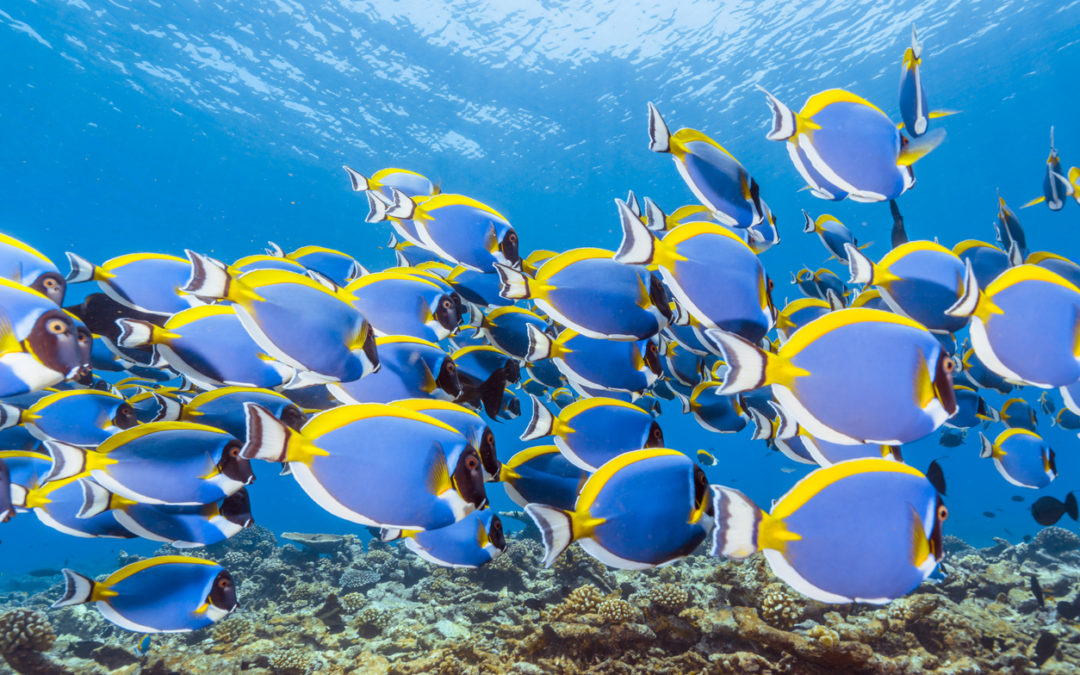Studying Our Greatest Resource
Because the ocean covers over 70 percent of the planet and contains 99 percent of the living space on Earth, its composition (e.g., its physical, chemical, and biological makeup) has a significant impact on all life. This is true whether that life is in or out of the water. Oceanography is the study of that composition, the role the ocean plays in Earth’s ecosystems, and the ways in which the ocean impacts life on Earth (and vice versa). Oceanography covers a wide range of topics, including marine ecosystems, plate tectonics, ocean circulation, seabed geology, and the chemical and physical properties of the ocean. It is a vitally important field of study as climate change and pollution is threatening the ocean, rising sea levels are eroding coastlines, and entire species of marine life are at risk of extinction.
Oceanography is typically divided into the following four sub-disciplines: chemical oceanography, physical oceanography, geological oceanography, and biological oceanography. These sub-disciplines are interrelated and closely aligned to other ocean-related fields, such as ocean engineering, atmospheric science, and marine microbiology.
To learn more about oceanography and to access Ocean Connect’s wide range of educational and career resources, please visit our Oceanography snapshot.

